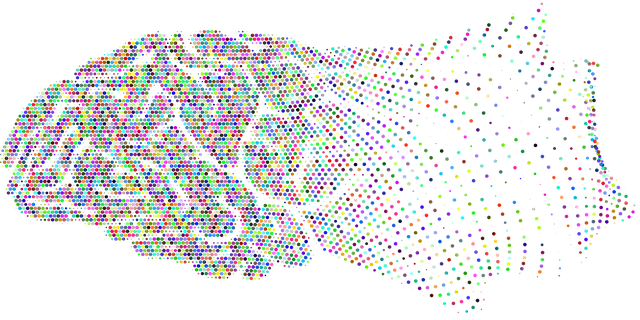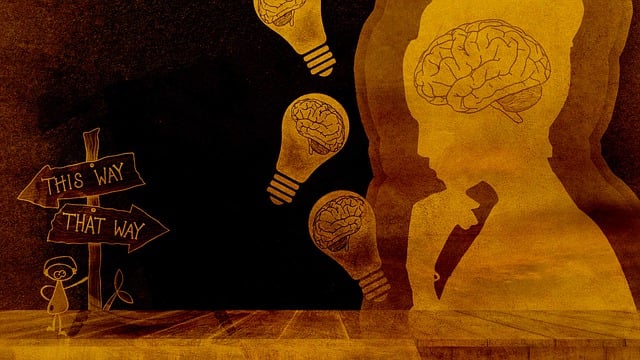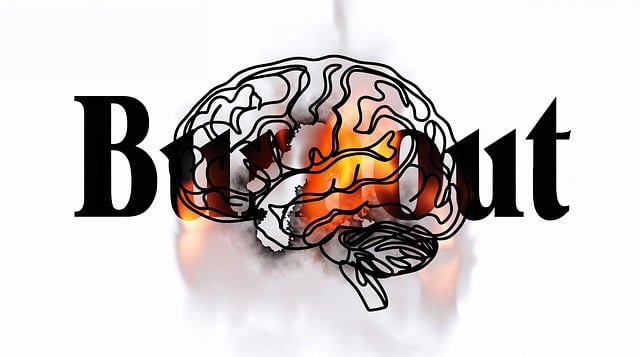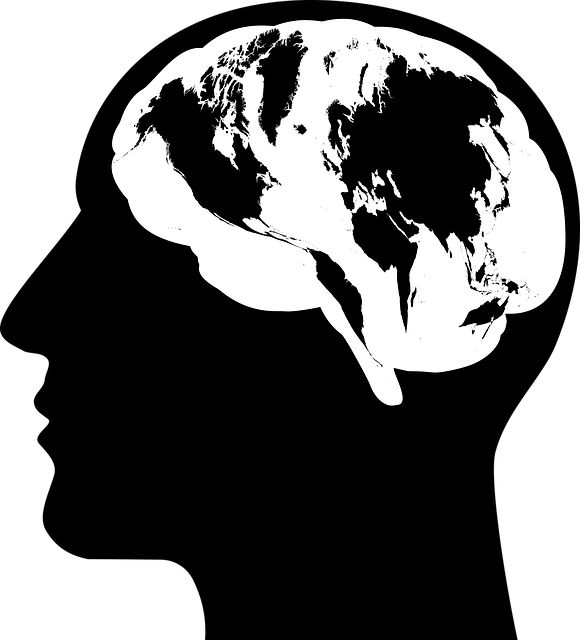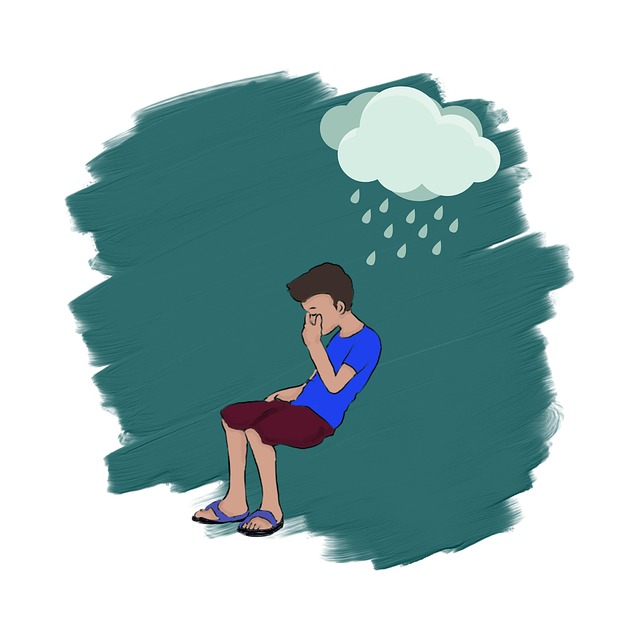Loss, grief, and bereavement are complex emotional journeys unique to each individual, with stages like denial, anger, bargaining, depression, and acceptance not always linear. Therapy for Couples Communication Issues focused on bereavement provides a lifeline, offering emotional regulation techniques and positive thinking principles through counseling. Counseling supports individuals dealing with loss by teaching effective coping mechanisms, validating feelings, and integrating wellness practices to enhance resilience in adapting to life without their loved one. Community outreach programs complement the therapeutic process, ensuring personalized support tailored to diverse grieving experiences.
“Grief is an inevitable part of life, yet navigating loss and bereavement can be profoundly challenging. This article explores the intricate process of healing through counseling, offering insights into how professionals support individuals and families during their emotional journey. We delve into understanding grief, examining its stages, and highlighting the significance of therapeutic approaches tailored to unique needs. Furthermore, we emphasize communication strategies in grief counseling, showcasing how these bridge gaps, foster understanding, and ultimately facilitate recovery, especially for couples facing communication issues.”
- Understanding Loss, Grief, and Bereavement: The Emotional Journey
- Counseling as a Support System: Therapeutic Approaches for Healing
- Communication Strategies in Grief Counseling: Building Bridges to Recovery
Understanding Loss, Grief, and Bereavement: The Emotional Journey

Understanding loss, grief, and bereavement involves recognizing a complex emotional journey that varies from person to person. It’s not simply a reaction to a death but a multifaceted process that includes stages of denial, anger, bargaining, depression, and eventually acceptance—though this last stage is not always linear or immediate. The experience of loss can profoundly impact one’s ability to cope, often leading to feelings of isolation and despair.
Therapy for couples communication issues, when focused on bereavement, becomes a lifeline in navigating these uncharted waters. Through effective counseling, individuals learn emotional regulation techniques grounded in mind over matter principles and positive thinking. These tools empower them to process their grief healthily, fostering resilience as they adapt to life without their loved one.
Counseling as a Support System: Therapeutic Approaches for Healing

Counseling serves as a vital support system for individuals navigating loss, grief, and bereavement. Through therapeutic approaches tailored to each person’s unique experience, counselors facilitate healing and coping mechanisms. One effective strategy involves enhancing couples communication issues by creating safe spaces for sharing memories, expressing emotions, and processing the profound changes they face.
Mental wellness coaching programs often integrate cultural sensitivity in mental healthcare practice, recognizing that grief is experienced differently across cultures. This nuanced understanding allows counselors to provide more personalized support, boosting confidence in their ability to help clients heal. By combining empathy, active listening, and evidence-based techniques, counseling offers a transformative journey towards acceptance and resilience.
Communication Strategies in Grief Counseling: Building Bridges to Recovery

In grief counseling, effective communication strategies are the bridges to recovery for individuals navigating loss and bereavement. Therapists play a pivotal role in creating safe spaces where clients feel empowered to express their emotions freely. Active listening is a cornerstone of this process; it involves undivided attention, empathy, and non-judgmental responses, fostering an environment that encourages open dialogue. By validating the client’s feelings and experiences, therapists validate their emotional journey, marking a crucial step in healing.
Additionally, incorporating mental wellness practices like journaling exercises can provide guidance for processing grief. Writing about one’s emotions and thoughts allows individuals to gain perspective, identify patterns, and develop coping strategies. Stress reduction methods, integrated into counseling sessions, further enhance the client’s ability to manage their mental health during this challenging period. Community outreach programs, tailored to support bereaved individuals, can also offer a sense of belonging and additional resources, complementing the therapeutic process.
Loss, grief, and bereavement counseling offer vital support during emotionally challenging times. By understanding the unique journey of each individual, therapeutic approaches can provide healing through effective communication strategies. This article has explored the power of counseling as a robust support system, highlighting the importance of addressing couples’ communication issues in the context of grief. Through these insights, individuals and couples can navigate their emotional landscapes, fostering recovery and finding solace during their most vulnerable moments.





